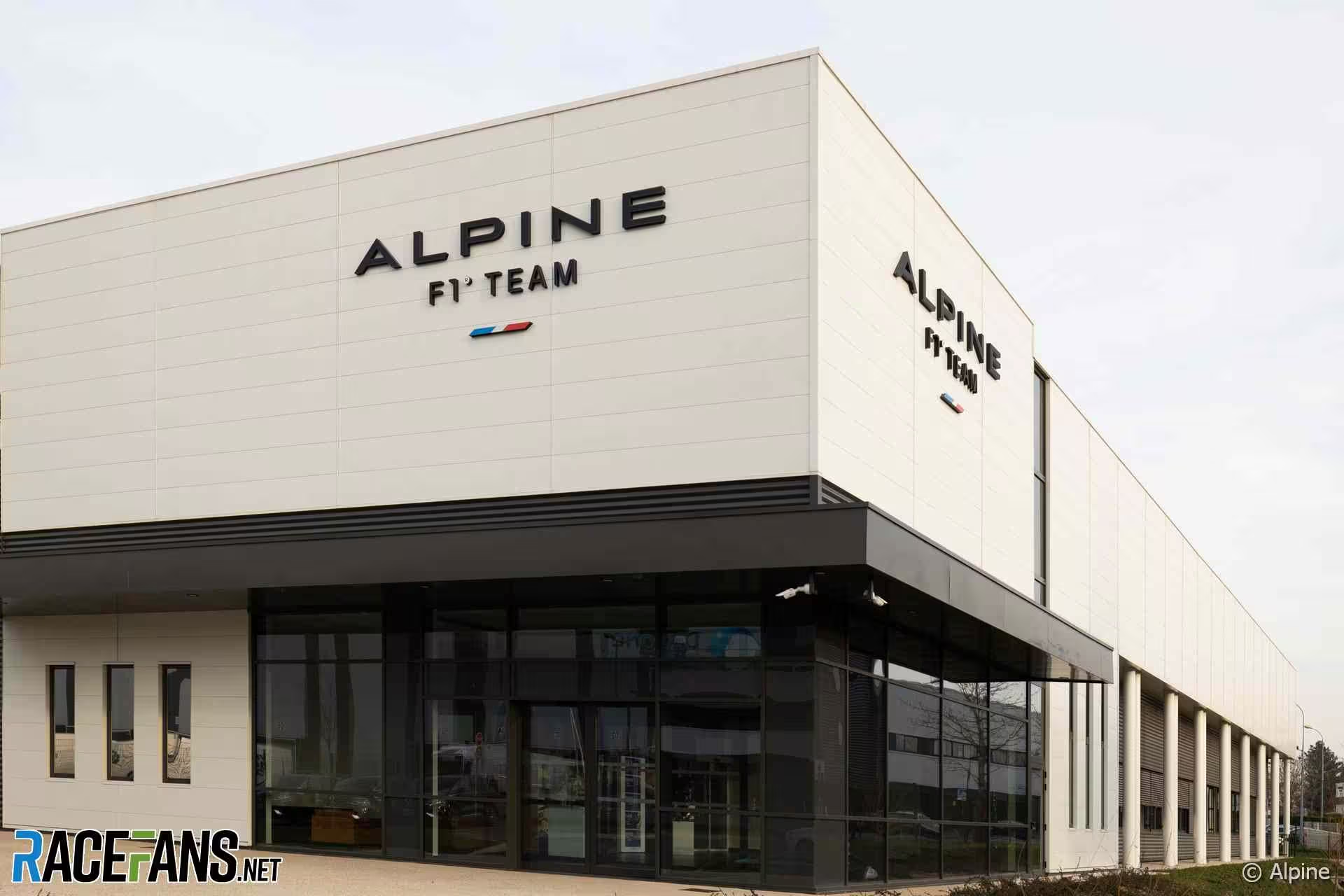Renault has confirmed it will not build power units for the new regulations Formula 1 is introducing in 2026.
Alpine, its works F1 team, is therefore in need of an engine supplier for the 2026 season. The team is believed to be in discussions with Mercedes to obtain power units as a customer.
Renault’s F1 engine facility at Viry-Chatillon will be used to develop other technologies for the automotive group. The team has previously insisted the move will not lead to any redundancies.
The French manufacturer has participated in F1 as an engine builder for much of the last 50 years. The engine programme’s future has been the subject of rumours for months, and workers at Viry-Chatillon lobbied the company unsuccessfully not to go through with its plans to scale back its participation in F1.
Renault has struggled to compete against rivals Mercedes, Ferrari and Honda (now Honda RBPT) since the current V6 hybrid turbo power unit regulations were introduced in 2014. The current power unit specifications were frozen in 2022, with the agreement of teams, which Alpine says has left them at a disadvantage to their rivals.
Renault engines in Formula 1
Renault arrived in F1 during the 1977 season with a pioneering 1.5-litre turbocharged engine, at a time when all its rivals used normally aspirated motors of twice the capacity. However Renault’s bold thinking paid off and within five years turbo-powered F1 cars were winning championships.
It left F1, having failed to win a championship, after the 1985 season, though it remained for a further year as an engine supplier. Williams enticed it back for 1989, by which time turbos were banned, and their V10 engines won almost every title going between 1992 and 1997, when it withdrew again.
In 2002 Renault returned as a full constructor, rebranding the Benetton team, and within four years had scored double back-to-back wins. But it pulled out again in the wake of the Crashgate controversy in 2009.
Renault remained as an engine supplier to Red Bull and together they swept all four championships at the end of the V8 era. However Red Bull were frustrated by Renault’s failure to produce a competitive engine when the hybrid power units were introduced, and dropped them for Honda in 2019.
This article will be updated.
Formula 1
Click Here to Read the Full Original Article at RaceFans…

